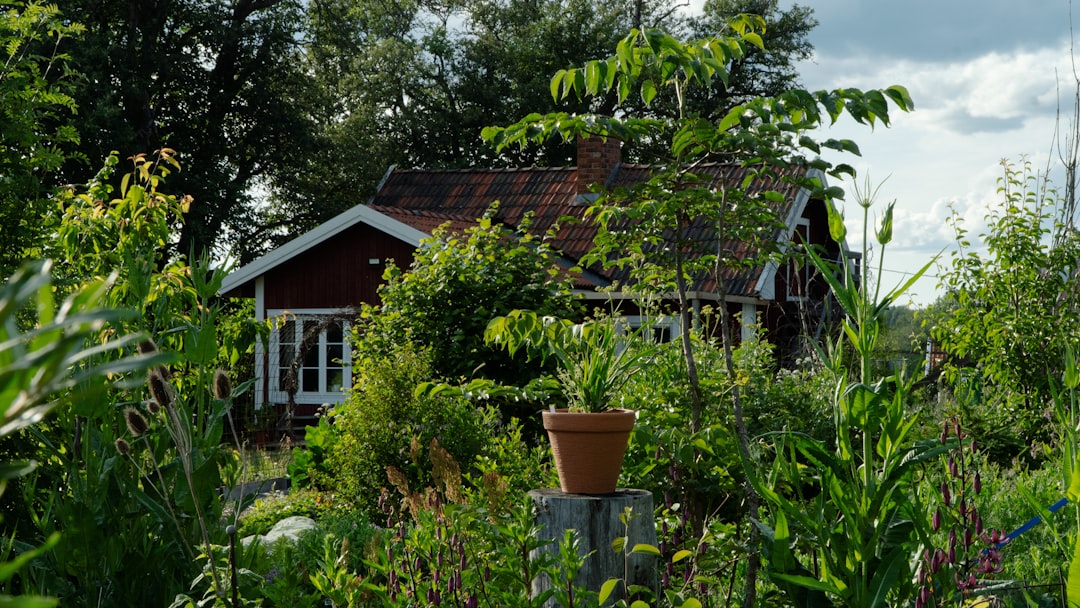Debunking the Poinsettia Myth: A Safe Choice for Homes

When it comes to decorating our homes, houseplants have always been a popular choice. They bring in a touch of nature, purify the air, and add a vibrant splash of color. However, for pet owners and parents, the concern about the toxicity of certain plants often looms large. One such plant that has long been under scrutiny is the poinsettia.
For years, there has been a widespread belief that poinsettias are highly toxic to both pets and children. This myth has been so deeply ingrained that many people avoid having poinsettias in their homes altogether. But here's some great news: recent research suggests that there's little to worry about when it comes to the toxicity of poinsettias.
Let's take a closer look at the science behind this. Scientists have conducted numerous studies to determine the actual level of toxicity in poinsettias. These studies have shown that while poinsettias do contain a milky sap that can cause mild irritation if it comes into contact with the skin or is ingested, the effects are usually quite minor. In most cases, a person or pet that has come into contact with poinsettia sap may experience some redness, itching, or a mild stomach upset. But these symptoms typically subside within a short period of time and do not require any serious medical treatment.
So, how did this myth about poinsettia toxicity start? It's likely due to a case of misinformation that spread over time. In the past, there were some reports of adverse reactions to poinsettias, but these were often exaggerated or misinterpreted. As a result, the idea that poinsettias are extremely poisonous became widely accepted, even though the evidence did not support it.
Now that we know poinsettias are relatively safe, they can be a wonderful addition to any home. Not only are they beautiful, with their bright red and green foliage, but they also have a long - standing association with the holiday season. Poinsettias can be used to create stunning centerpieces for your dining table or to add a festive touch to your living room.
When choosing poinsettias, there are a few things to keep in mind. Look for plants with dark green leaves and fully colored bracts (the modified leaves that give poinsettias their characteristic look). Avoid plants with yellowing or wilting leaves, as this may indicate poor health. Also, make sure to place your poinsettia in a location where it will receive bright, indirect light and keep the soil slightly moist.
Another great aspect of poinsettias is that they are relatively easy to care for. Unlike some other houseplants that require a lot of attention and specific growing conditions, poinsettias can thrive with minimal effort. This makes them a great choice for busy pet owners and parents who may not have a lot of time to devote to plant care.
In addition to poinsettias, there are many other houseplants that are safe for pets and children. Some popular options include spider plants, Boston ferns, and African violets. These plants not only add beauty to your home but also provide a safe environment for your loved ones.
So, if you've been hesitant to bring poinsettias into your home because of the toxicity myth, it's time to reconsider. With their beauty, ease of care, and relative safety, poinsettias can be a wonderful addition to any household. Embrace the holiday spirit and let these lovely plants brighten up your living space this season.
Whether you're looking to decorate for the holidays or simply want to add some greenery to your home year - round, poinsettias are a great choice. And with the peace of mind that comes from knowing they are not as toxic as once thought, you can enjoy their beauty without worry.
So go ahead, pick up a poinsettia or two and transform your home into a cozy and inviting space. Your pets, children, and your home will all thank you for it!